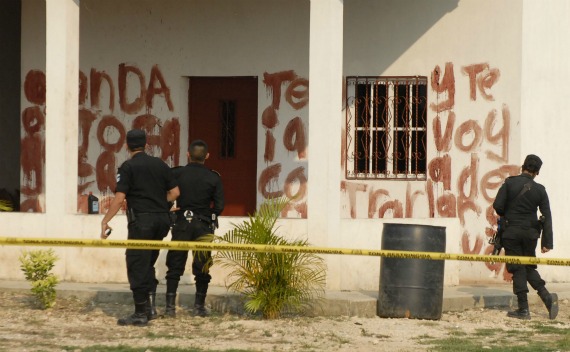Reads of the Week: Debating COIN in Mexico and Dealing with Violence in Central America
More on:

In the House Foreign Affairs Committee’s recent hearing, “Has Merida Evolved? Part One: The Evolution of Drug Cartels and the Threat to Mexico’s Governance,” Committee Chairman Connie Mack (R-Fla), among others, expressed his support for a U.S. counterinsurgency program (COIN) to fight Mexican drug traffickers. Calling the cartels “a well-funded criminal insurgency raging along our southern border,” Mack said the only way to win the drug war is through an “all U.S. agency” COIN approach, which would require greater U.S. military involvement.
I’d tend to agree instead with this article by Patrick Corocan, which says that sending U.S. troops into Mexico will not provide a long-term solution to the country’s security challenges, first because the nature of narco-violence is distinct from that of an insurgency (so a COIN response to it would be inappropriate) and because of the “practical difficulties” involved in such an approach (including a popular backlash to it in Mexico).
This week the U.S. Senate Caucus on International Narcotics Control released its report, “Responding to Violence in Central America,” which draws attention to the rapid escalation of violence in the region – most of it tied to the ramped up activity of organized crime, as detailed by the Woodrow Wilson Center study I discussed last week. The report offers a number of policy recommendations to deal with the problem, the most critical (and innovative) of which include placing more emphasis on extraditions of drug traffickers to the United States, improving witness protection programs and expanding cooperation between U.S. law enforcement and regional counterparts. It also notes that while U.S. security assistance for Central America has grown over the past three years, it is likely to stagnate – or even decline – in the future, making it even more critical for countries in the region to seek other sources of security funding by reaching out to other donors and to the domestic private sector.
More on:
 Online Store
Online Store
